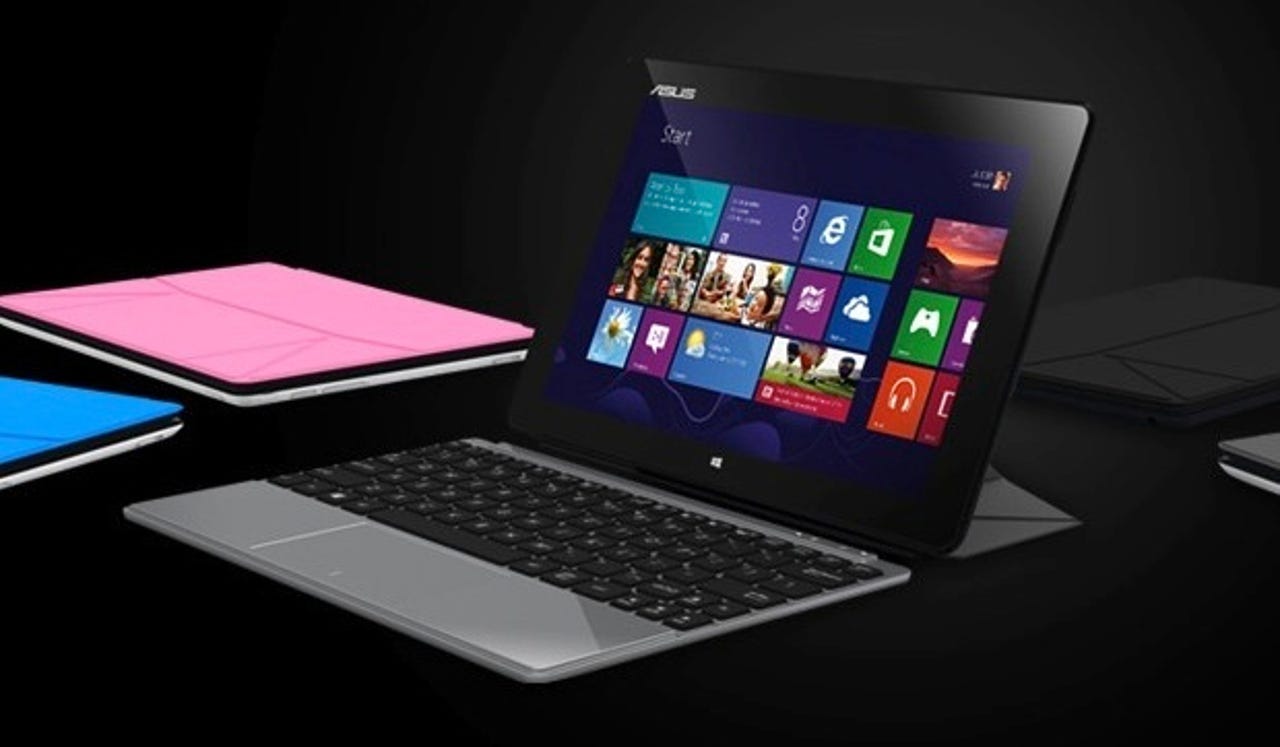Windows 8 acceptance levels 'still not good', says Asus

There's little love in the air for Windows 8 on at least two fronts, as Asus warns of poor uptake for the operating system and Samsung cancels a tablet launch in the profitable German market citing a lack of interest in the tablet-only version.

On Tuesday, Asus reported a boost in revenue during 2012's fourth quarter, growing by 14 percent year-on-year to around $4 billion, with net profit up by 21 percent to $202 million.
As one of the champions to Windows 8 in recent quarters, the company has invested millions into developing new devices to take full advantage of the array of features in the next-generation software. But the company said while its Windows 8-powered notebooks have been selling well, Windows 8 sales have yet to lift off, close to six months after it first launched.
"The acceptance of Windows 8 in Q4 has not been so good, but touch-based Windows 8 notebook acceptance is pretty good on our side," Asus chief executive Jerry Shen said on the call.
Asus shipped 3 million tablets during the fourth quarter, which includes the lucrative December holiday season, an increase from initial projections of 2.4 million units. Its tablet unit was boosted thanks to the highly popular Nexus 7 tablet, which the company developed in co-operation with Google.
All in all, 95 percent of Asus' tablets ran Android, with less than 5 percent running a Windows-based version. "At this moment, for last year and this year, I believe Windows RT needs to take time to ramp up," said Chen.
Asus has been particularly upbeat about Windows 8 over the past few months. In the run up to Windows 8's launch in October, the Taiwanese company had prepared a bevy of devices — from touch screens, convertibles, and "transformer" devices where a keyboard can click to the device — in a bid to take full advantage of the operating system.
Seemingly going full-force into the Windows space, an Asus executive recently dropped hints that the company was "interested" in pursuing developing a Windows Phone.
Many still remain confused as to what Windows RT actually is and do not know the difference between the 'desktop' (and tablet) version Windows 8 and the ARM-based version, Windows RT, that runs on lower-power tablets only.
It comes at a time when PC sales remain sluggish and analysts believe the PC market will continue to decline for a second year in a row.
Other major technology companies are less than thrilled with the lack of Windows 8's success.
Samsung has reportedly confirmed to German technology news site Heise that it no longer plans to offer the Windows RT-based ATIV Tab device in Germany and "other European countries," though other regions were not specified.